Android expert Mishaal Rahman: Rectangular slab phones might have plateaued, but not foldables
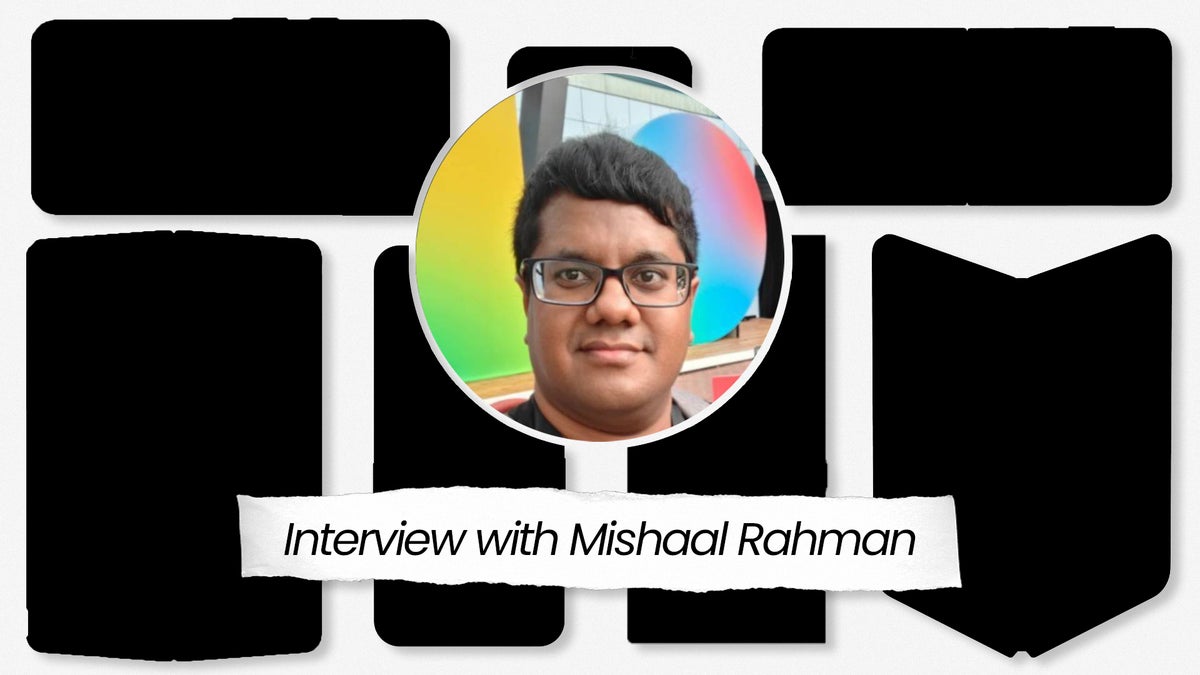
Mishaal Rahman: those who are interested in anything mobile tech-related – and in Android, in particular – recognize the name in a heart beat.
He's a popular Android expert with almost 65,000 followers on X/Twitter and we at PhoneArena reference his work often.
- For example, Android 15 might help you diagnose some phone problems yourself: this is one of Mishaal Rahman's latest findings;
- Some weeks ago, he shared that ultrasonic fingerprint scanners could become more common in more Android phones;
- Rahman also unveiled that Google's future improvements to the "Find My Device" network are coming.
Since 2015, he has become a leading authority on the Android OS. After a six-year tenure at XDA Developers, where he swiftly advanced to Editor-in-Chief within 2.5 years, Rahman dedicated his career to the Android ecosystem. He now freelances for various prominent publications, where he is regarded as their Android expert. His insights are frequently cited by major tech publications, and even referenced by Google and other device manufacturers he covers.
We talk with Mishaal Rahman about his work day routine, what inspires him and all tech-things in between. This the first part of our conversation:
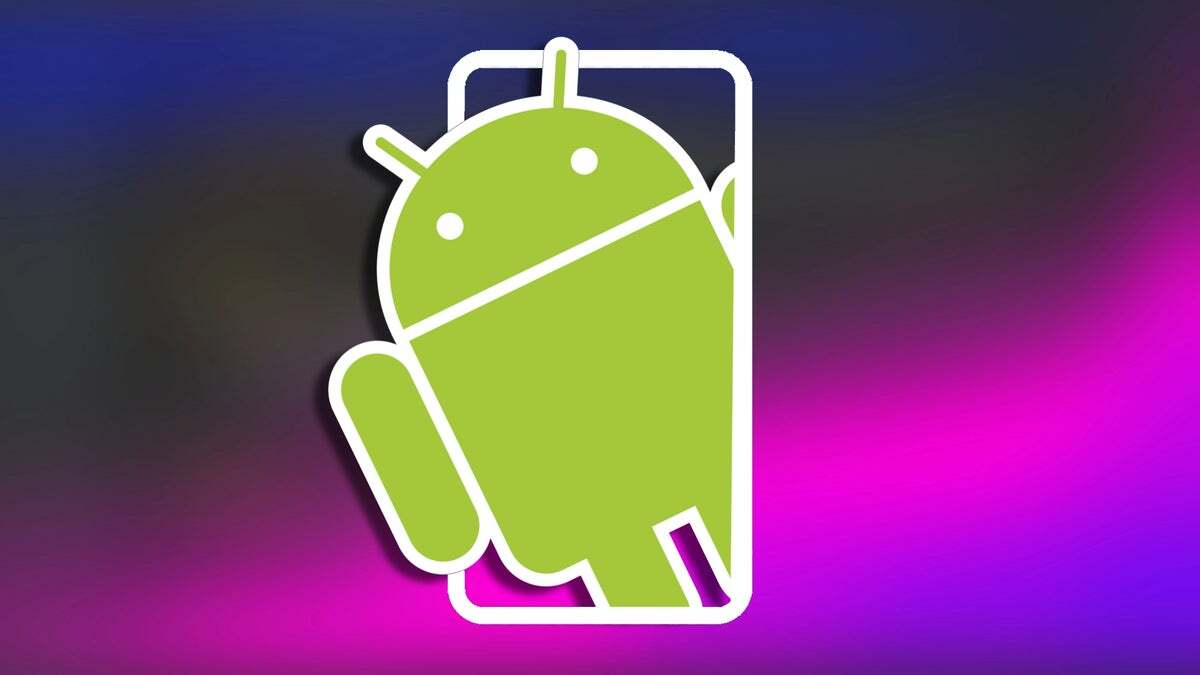
If you want to know what the future holds for Android, Mishaal is the source!
What does a work day in the life of Mishaal Rahman look like?
"My day typically starts with me quickly catching up on all my emails, notifications, and RSS feeds on my phone; the tech industry moves so fast that it's really easy to fall behind if you aren't at least skimming the headlines, after all. I freshen up, make some coffee, grab a breakfast bar or banana, and then get on my workstation — this is where my work day really begins."
"I start things off by scouring all my group chats, DMs, and various content sources to see if there's anything potentially newsworthy. I try not to miss any conversation because you never know when someone shares or discovers something newsworthy; many times I've learned something from a random Telegram group chat I'm lurking in!"
"Many times, I learn or hear about something that makes me go, "Huh, that's interesting, I wonder why that's the case?" which then leads to me falling down a rabbit hole trying to discover an explanation. Sometimes this leads nowhere, but many times I've discovered something nobody else has reported. Anytime I find something I want to report on, I add it to a to-do list, which is currently at over 30 items because of how many things I find."
"There's a never ending stream of information for me to keep up with, and only a limited amount of time each day that I have enough mental energy to actually put together an article or two. No two days are ever the same for me, especially because I have to find all the news that I want to report on, which often spans various topics and fields of expertise. It's mentally exhausting but also very fulfilling!"
What motivates you to share information about upcoming mobile tech?
"I enjoy the thrill of being the first to report on some new finding. I enjoy that I can share my discoveries with others who are also excited to hear about what's coming soon in Android. I love that my reporting is starting to become more and more recognized by other people who cover the topic, as well as the very people who make the platform that I've devoted myself to covering."
How did you get started with what you do, and what was your first major finding?
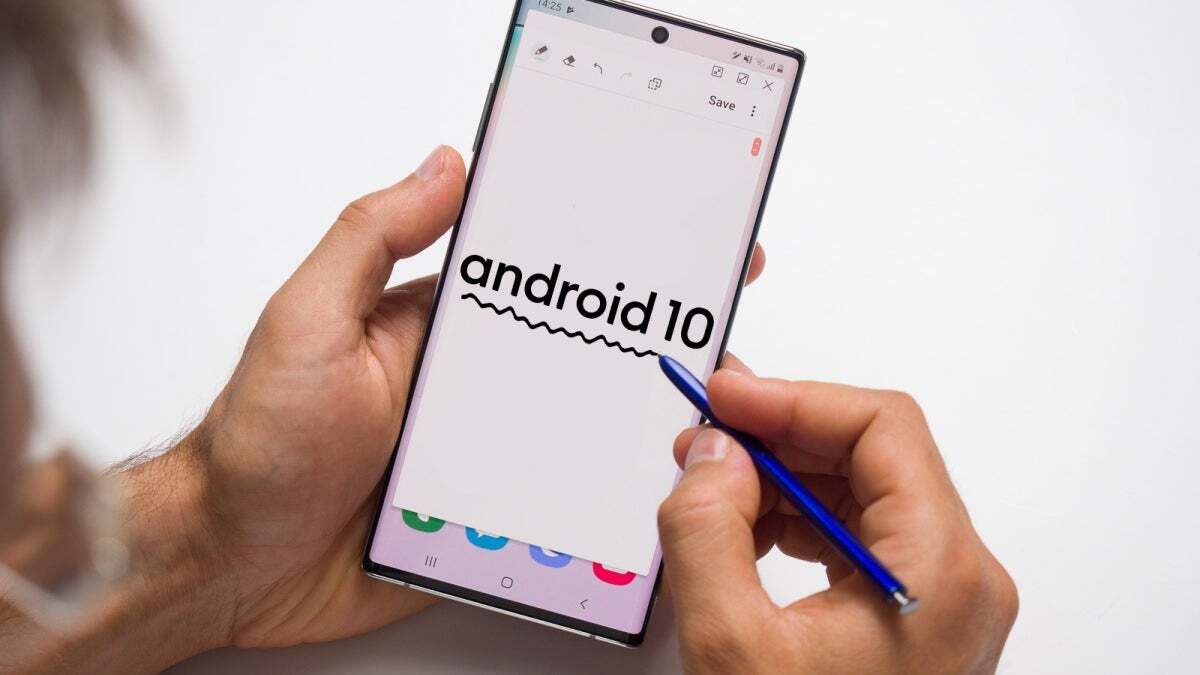
An Android 10"deep-dive" was Rahman's first major Android finding | Image credit - PhoneArena
"I was tinkering with my Android phone for a long time before I started writing about the OS, so I have always been very passionate about the topic. I was a regular participant on communities like the XDA forums and Reddit, so you can imagine that I spilled a lot of ink on pointless Internet discussions!"
"That time I spent tinkering with my phone and arguing with random Internet forum goers ultimately fueled my passion for writing about Android. So when I was fresh out of college and I saw that XDA-Developers was looking for new writers, I decided to give it a shot."
"I can't quite remember what my first "major finding" was, as most of my earliest articles were unique how-tos or deep dives into particular topics. In terms of pure Android coverage, though, I would say my deep dive/first look at Android 10 before it was released was my first "major" Android finding."
How do companies typically react to your revelations? Do they see it as free publicity or a breach of confidentiality?
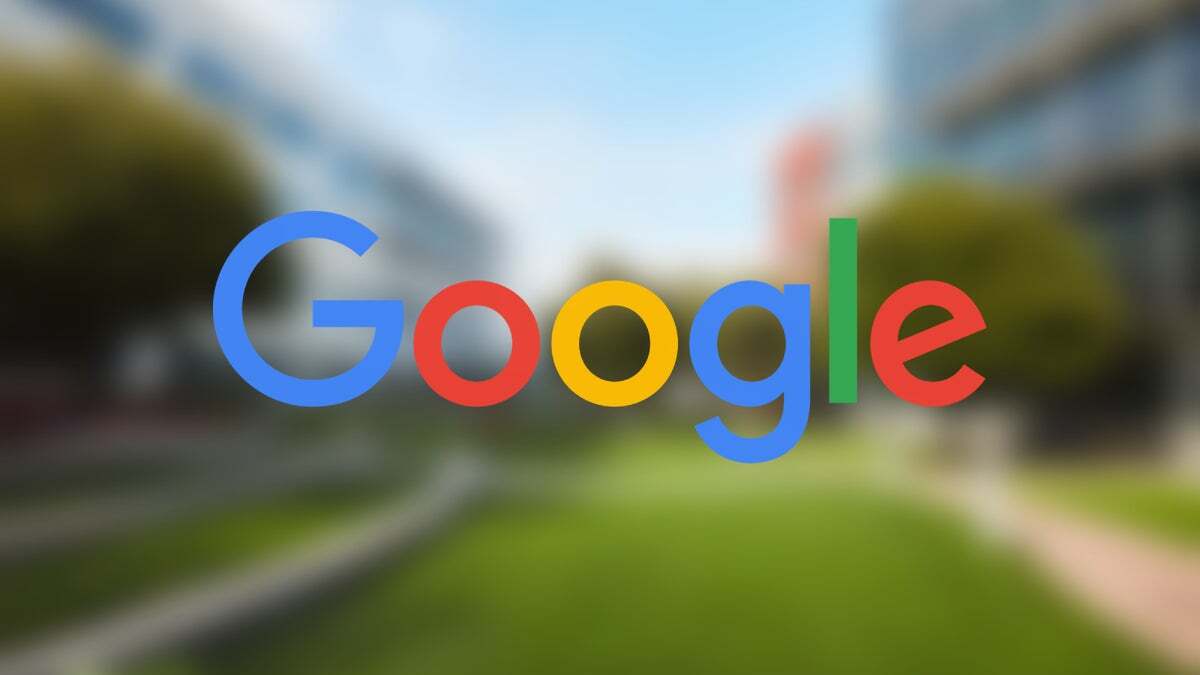
Google's Android is Rahman main focus.
"My work mainly focuses on uncovering new features in Android based on my analysis of code within the latest publicly available Android beta release or other publicly available repository."
"While I know that some people who work on some of these features aren't happy that I'm basically spilling the beans before they're ready to announce, I also know there are a lot of people who appreciate the work that I do and even use it to learn about what other teams are working on!"
"After all, Android is such a huge operating system that no single engineer or product manager can feasibly keep up with what every other team is doing."
"I can't tell you which OEM it is, but I was told by someone maintaining their developer-facing documentation that they referenced my work a lot! :) Someone even once got off a call with Google about new Android features and then asked me on Twitter about how one of those new features worked, funnily enough!"
Do you think that smartphones have "plateaued"? Many believe phone innovations are not that appealing anymore with phone releases that often.
"Absolutely not! Rectangular slab phones might have plateaued, but we're right on the cusp of foldable phones going mainstream, which I think are only just starting to mature as a category. Anyone who thinks phones are boring should try daily driving a foldable."
What's the state of the foldables in 3 to 5 years? Do you think this is the next big thing?
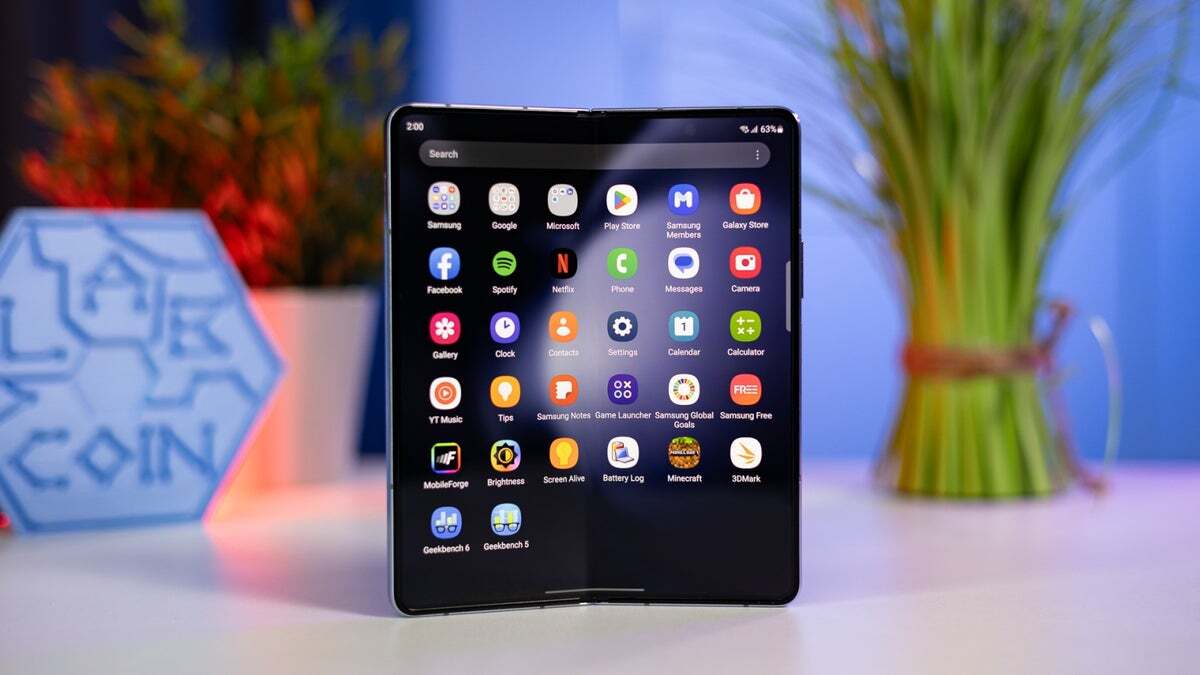
Samsung Galaxy Z Fold 5 | Image credit - PhoneArena
"I think we're headed in a direction where foldables will hit the mainstream. 2024 has been a breakthrough year for the category, with some devices reaching sub-$500, and I think we'll only see the price/quality ratio continue to improve. Price, availability, and perceived durability were, I believe, the three main issues with foldables in the past, but all three are on their way to being "solved," at least to an acceptable degree."
If you had to choose between a book-style foldable or a so-called "clamshell", what would you choose?
"Book-style foldable. I read a lot of text (articles, forum posts, etc.) and manga, so the form factor is perfect for me."
Is the AI phone – a phone that does not have apps, but an almighty integrated AI model – coming? Earlier this year, a Deutsche Telekom CEO said that "in 5–10 years from now, nobody from us will use apps anymore".
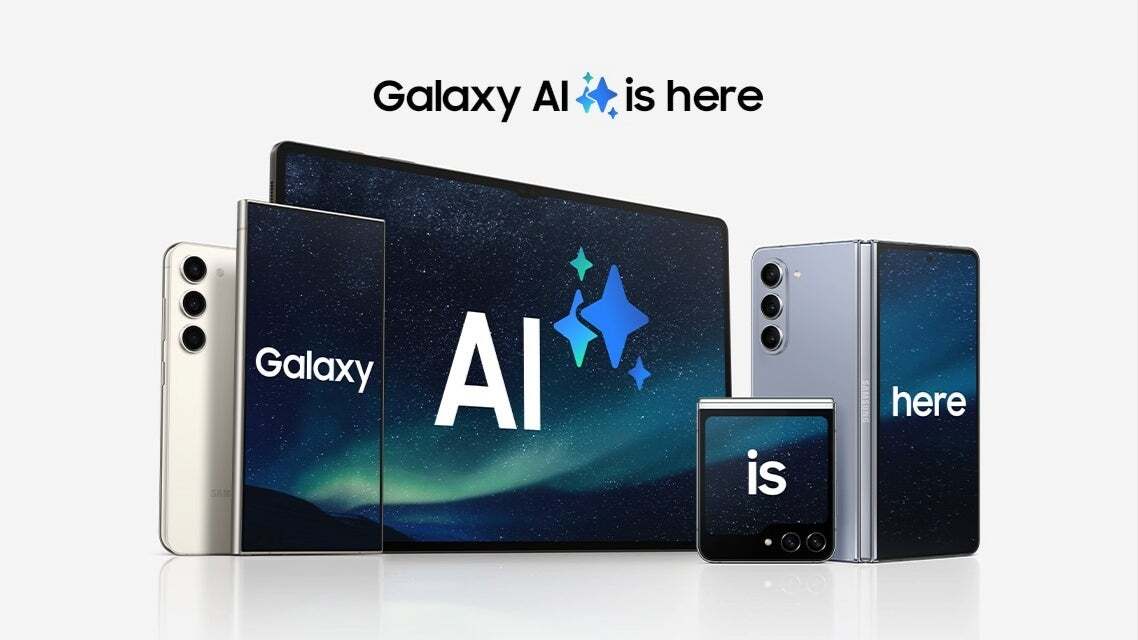
Samsung unleashed its Galaxy AI universe in 2024 | Image credit - Samsung
"No, at least not anytime soon. The fundamental problem with this idea is that it only works if you have a chatbot that can integrate with the APIs of all the different apps and services we already use, but in a way that's fully invisible to the user."
"While I hesitate to predict what the future of tech interactions will look like an entire decade from now, I think it's obvious the smartphone will be at the center of it all in the short to medium term and that LLMs and other AI advancements will serve to enhance our use of apps, not fully replace them."
Expect part 2 of our conversation with Mishaal Rahman soon on PhoneArena!
Part 2 is live: you can read it here.
Follow us on Google News





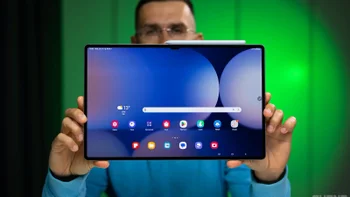




Things that are NOT allowed:
To help keep our community safe and free from spam, we apply temporary limits to newly created accounts: